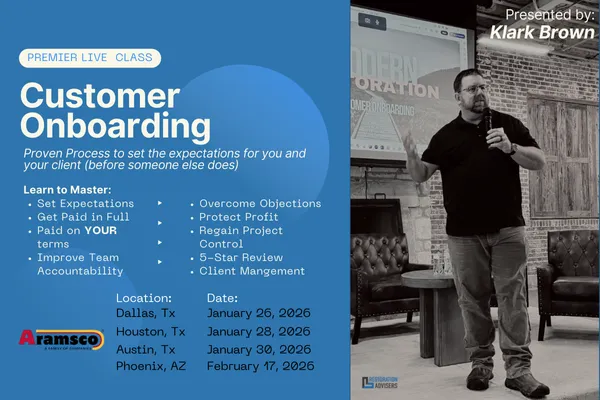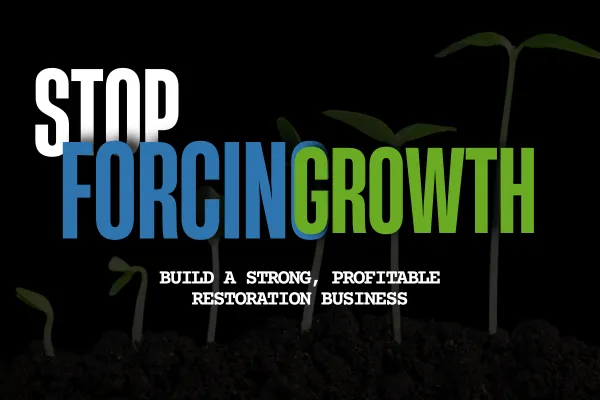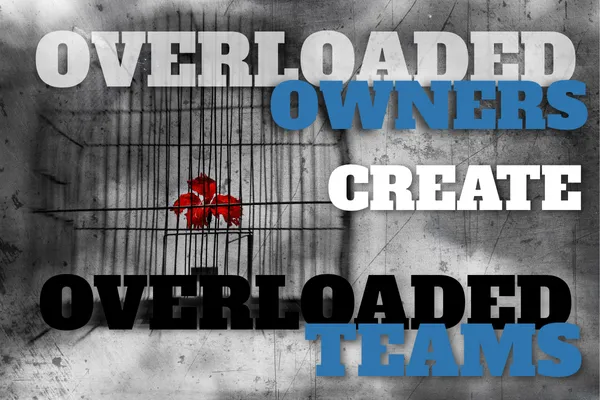Join over 2k Restoprueners™️
Structure, systems, and coaching to scale your restoration company into a life asset. **NOTE - we are migrating our blog platform. We will have all of our blogs here SOON!**
Restoration Advisers Blog
Modern Restoration: Your Cash Flow Problem Is an Onboarding Problem
Your restoration cash flow problem is really an onboarding problem. Learn how modern owners can take control with a better playbook.
Stop Forcing Growth. Build a Strong, Profitable Restoration Businesses
New Blog Post DescriptionStop forcing growth. Learn how restoration owners build stronger, more profitable companies by planting clear foundations, installing systems, and letting growth follow instead of chasing it.
How to Lead Your Restoration Team Without Micromanaging
Restoration owners get stuck doing everything themselves. Learn how outcomes-based leadership helps you stop micromanaging, develop leaders, and regain your time.
How Restoprueners™️ Get Stuck in Empathy & Overload
Restoration teams stay stuck at 60% when owners rely on empathy and control. Discover how the 4D Mix breaks decision overload and rebuilds true leadership.





